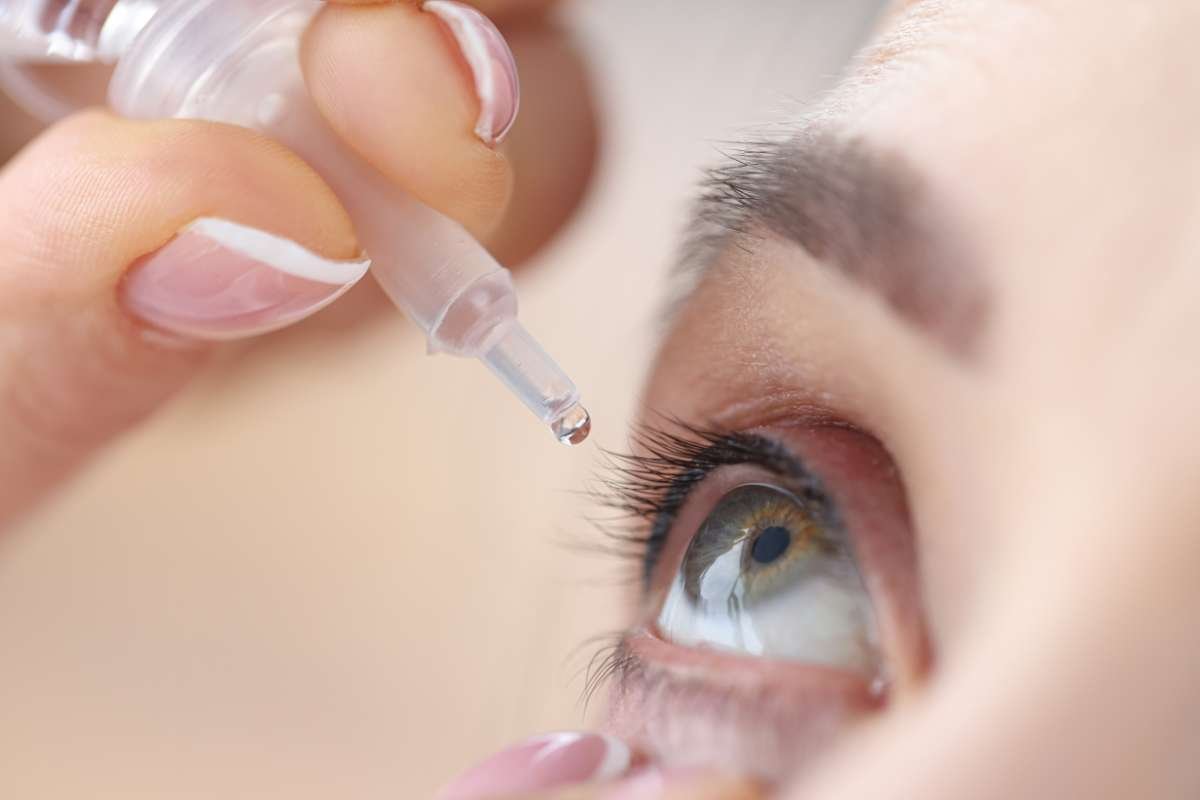In the pursuit of health and beauty, one substance has gained renown for its exceptional moisturizing capabilities: hyaluronic acid. However, if you believe its benefits are confined solely to locking moisture into the skin, you are underestimating its vast potential. The full benefits of hyaluronic acid include multifaceted biological functions, ranging from joint lubrication to wound healing.
What is Hyaluronic Acid?
Hyaluronic acid, also known as hyaluronan, is a glycosaminoglycan naturally found in all human cells. It is particularly concentrated in our skin, connective tissues, eyes, and joint synovial fluid. Its unique molecular structure allows it to attract and retain up to 1000 times its own weight in water, making it one of nature’s best moisturizing substances.
As we age, and due to factors like UV exposure and environmental stress, the body’s natural synthesis of hyaluronic acid gradually decreases, and its levels decline. This is a significant factor contributing to signs of aging such as skin dryness, wrinkles, and joint stiffness. Therefore, supplementing with exogenous hyaluronic acid has become a key strategy in combating aging and maintaining health.
The Diverse Benefits of Hyaluronic Acid
1. Skin Health
.jpg)
Hyaluronic acid is best known for its powerful moisturizing and reparative efficacy. It forms a breathable, hydrating film on the skin’s surface, effectively preventing water evaporation and providing instant relief from dryness and tightness. Simultaneously, it promotes the repair of the skin barrier and enhances the skin’s own ability to retain moisture, keeping it hydrated and healthy long-term.
Furthermore, hyaluronic acid has excellent biocompatibility and anti-inflammatory properties. For sensitive, red, or irritated skin (such as in rosacea or eczema), it provides gentle hydration, soothes discomfort, and helps reduce the impact of external irritants by strengthening the skin barrier.
When the skin is injured, hyaluronic acid accumulates abundantly at the wound site, where it modulates the inflammatory response, promotes angiogenesis and cell migration, thereby accelerating the wound healing process and reducing the risk of scarring.
2. Joint Health

Within synovial fluid, hyaluronic acid plays an irreplaceable role by providing the fluid with its unique viscoelasticity and lubricating properties. During joint movement, hyaluronic acid acts like a “liquid cushion” surrounding the articular cartilage, reducing direct friction and impact between bones, allowing for smooth and unimpeded movement.
In osteoarthritis patients, the concentration and molecular weight of hyaluronic acid in the synovial fluid decrease significantly, leading to a loss of lubrication and cushioning. Intra-articular injections of high-molecular-weight hyaluronic acid can directly supplement and improve the quality of the synovial fluid, effectively alleviating pain and stiffness, and restoring joint function. This method is widely regarded as an effective treatment for osteoarthritis.
3. Eye Health

Hyaluronic acid is a natural component of the vitreous humor and aqueous humor in the eye, leading to its important applications in ophthalmology.
Its remarkable water-retention capacity makes hyaluronic acid an ideal ingredient for treating dry eye syndrome. It forms a stable, long-lasting, and breathable lubricating film on the ocular surface, effectively relieving dryness, grittiness, pain, itchiness, and the sensation of a foreign body, while also protecting corneal epithelial cells.
After ophthalmic surgeries such as cataract surgery or LASIK, the cornea is often fragile and dry. Eye drops containing hyaluronic acid not only provide long-lasting lubrication and promote the repair of the corneal epithelium but also help reduce post-operative inflammation, accelerate visual recovery, and improve patient comfort.
4. Other Benefits
The benefits of hyaluronic acid extend to several other areas.
- Promotes Wound Healing: Hyaluronic acid plays a crucial role in all stages of wound healing (hemostasis, inflammation, proliferation, and remodeling). It regulates inflammation, promotes angiogenesis and cell migration, and accelerates granulation tissue growth, thereby efficiently promoting the healing of various skin wounds and ulcers.
- Supports Oral and Gum Health: In dentistry, hyaluronic acid gels or mouthwashes are used as adjuncts in treating gingivitis and periodontitis. Its anti-inflammatory and antibacterial properties help reduce gum bleeding and swelling, and promote periodontal tissue regeneration.
- Bone Health: Research indicates that hyaluronic acid also plays a role in bone formation and remodeling, potentially helping to maintain bone density by modulating the activity of osteoblasts and osteoclasts.
Conclusion
The comprehensive benefits of hyaluronic acid extend far beyond merely keeping skin hydrated; it is also a key factor in maintaining flexible joints and bright, healthy eyes. We can strategically utilize hyaluronic acid through topical skincare, oral supplements, and injections under professional medical guidance to achieve a healthier life.


















